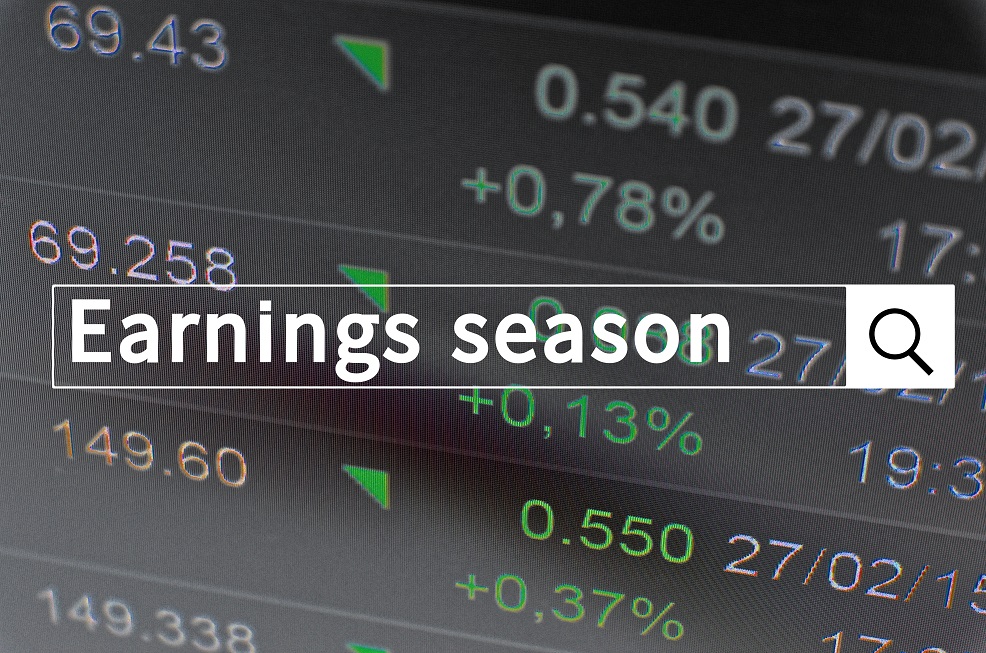Tax time can bring anxiety. Not just about paying your taxes, IRS scams have been rampant the last few years. Many people, including myself have received calls from someone pretending to be an IRS agent. They are very convincing, providing their IRS badge number, etc.
Does the IRS really call taxpayers on the phone? Not very often. If the IRS needs to contact you, a letter will appear in your mailbox. The only times the IRS will call is if you have an overdue tax bill or a delinquent tax return. Even in these cases, the IRS will mostly likely initiate the contact via mail.

I expect more and more scams to pop up. You should not respond to any call from the IRS unless you are in the middle of an on-going situation. To ease your mind, you can painstakingly call the IRS and ask them if they in fact called. (800) 829-1040.
Stock and Bond Market
Markets were mixed last week however the S&P 500 broke it’s all time high, ending the week at 4839. The S&P prior high was reached in January 2022 at 4818. Not to state the obvious, however it took 2 years for the index to break even numerically.
For the holiday shortened week, the Dow rose .72%, the S&P 500 1.10% and the Nasdaq 2.26%. Moving in the opposite direction, the Russell 2000 dropped (.51%), foreign stocks (1.56%) and emerging markets (2.03%).
Bonds also fell back as the yield on the 10-year US Treasury rose to finish the week at 4.13%. The Bloomberg US Aggregate Bond Index fell (1.12%).
Earnings season will start to kick into 2nd gear as we’ll hear profit reports and forward projections from GE, DR Horton, J&J, American Airlines, AMEX, AT&T and more.
The Fed’s favorite inflation gauge, the Personal Consumption Expenditures Index (PCE) will be reported along with the first look at 4th quarter gross domestic product (GDP).

Other important data releases this week include leading indicators, building permits, durable orders, new home sales and pending home sales.
The market is looking for direction. This week’s data should assist in GPSing where the market may be heading.
You Expect an EV Tax Credit?
Thinking of buying an EV automobile and receiving the sweet $7500 tax credit? It’s not that easy in 2024 as only 8 models qualify for the full credit because of the critical minerals and battery component rules. For a vehicle to qualify it must meet both rules. If only one is met, the credit reduces to $3,750.
The models that qualify are the Tesla Model X, Tesla Model Y, the Tesla Model 3 Performance, Ford F150 Lighting, Chrysler Pacifica PHEV, Chevy Bolt EUV and the Chevy Bolt EV.

The income limits to qualify have not changed, whereas taxpayers filing single, cannot have a modified AGI over $150K. Those filing jointly, the income cap is $300K and head of household filers $225K.
The MSRP limits are $55K for cars and $80K for SUV’s and trucks.
Mortgage Rates – Are they historically high?
In 1971, the year started off with a 30-year mortgage rate of 7.3%, ending the decade with a 12.9% rate.
At the beginning of 1980, the cost of the average home was $63,700. The 30-year rate reached 18.4%, October 1981. By end of the decade rates stood at 9.78%. The average home cost ended the decade at $123,900.

In the 1990’s rates aggressively declined towards the latter part of the decade as the dot-com bubble started to burst and money flew from stocks to bonds, pushing rates downward. Rates ending the decade at approximately 8%.
Things changed in the decade of the 2000’s. Rates plummeted to 5.4% by 2009, thanks to the great recession housing bust.
To get us out of the great recession, Fed Chair Ben Bernanke introduced Quantitative Easing (buying government bonds) to force interest rates downward.
From there, the Federal Reserve has purchased bonds every time the economy needed a jolt. Rates eventually dropped down to 3% and lower after covid.
Are rates historically high? The simple answer is no. Rates have moved below trend during times of economic and financial stress.
I believe rates are a bit high, I think when the dust settles, we’ll have to live with 30-year fixed mortgage rates in the high 5’s to mid-6 range. In addition, I’m thinking the longer-term inflation rate going forward will be in the 3% range after the current dust settles.
Please feel free to share our weekly Retirement Blog with friends, neighbors and colleagues.


